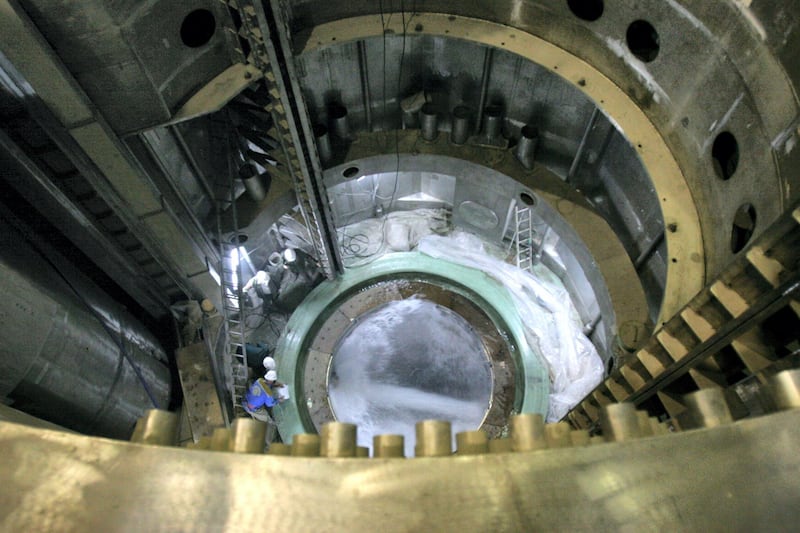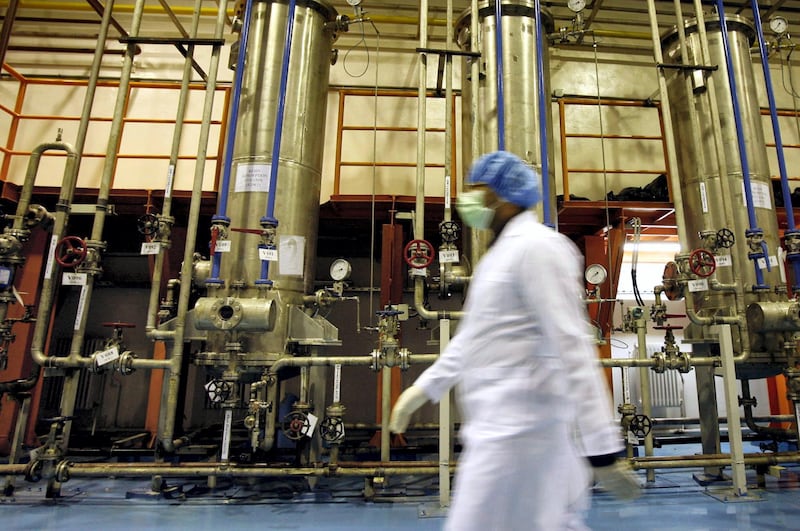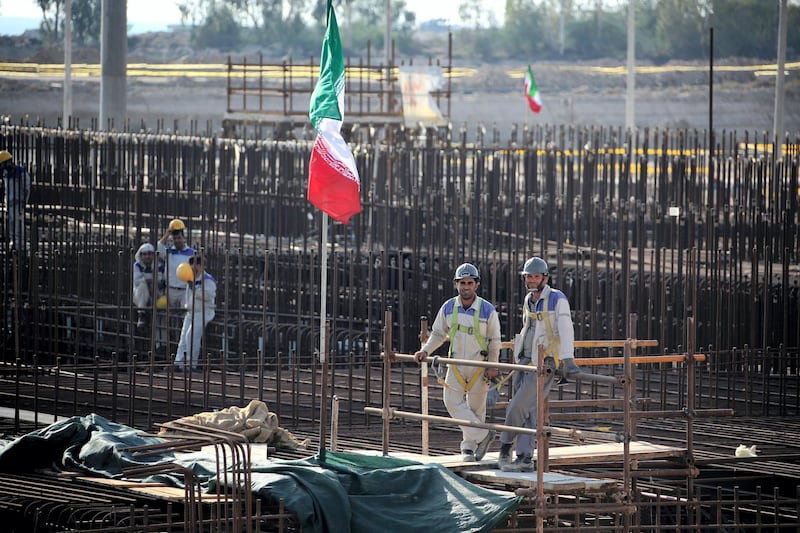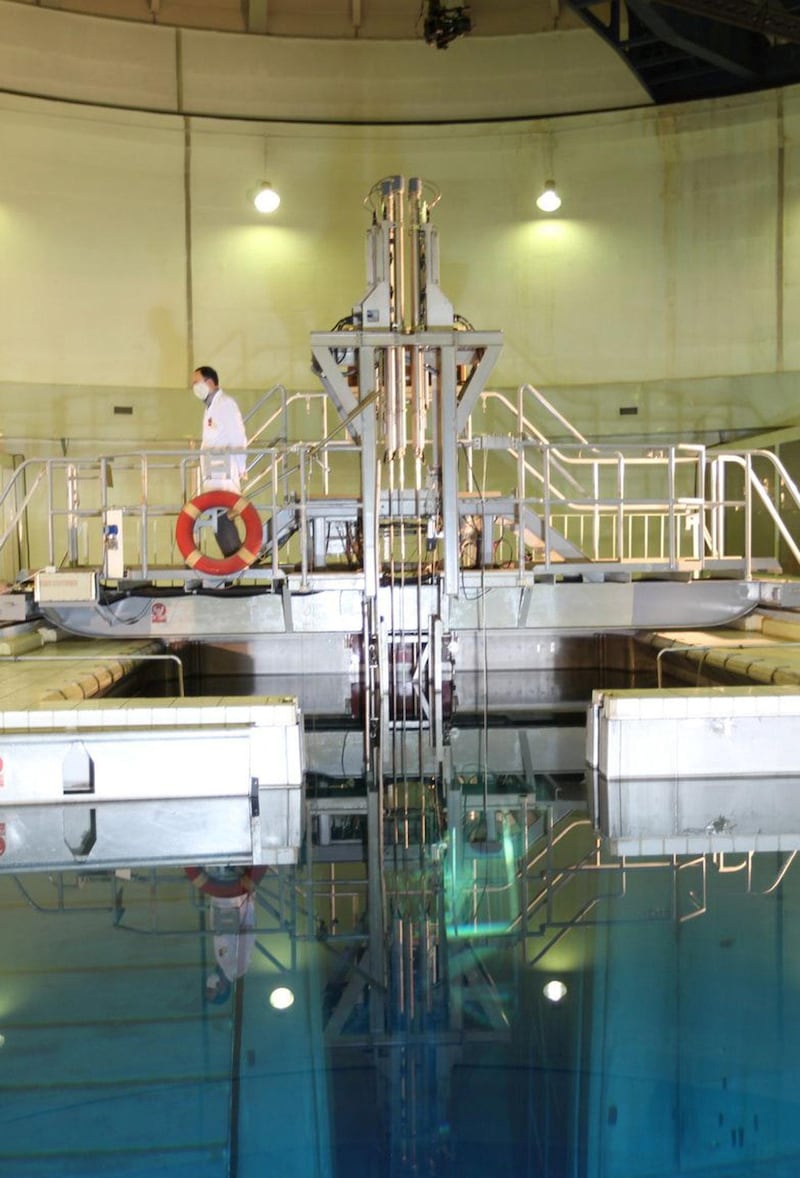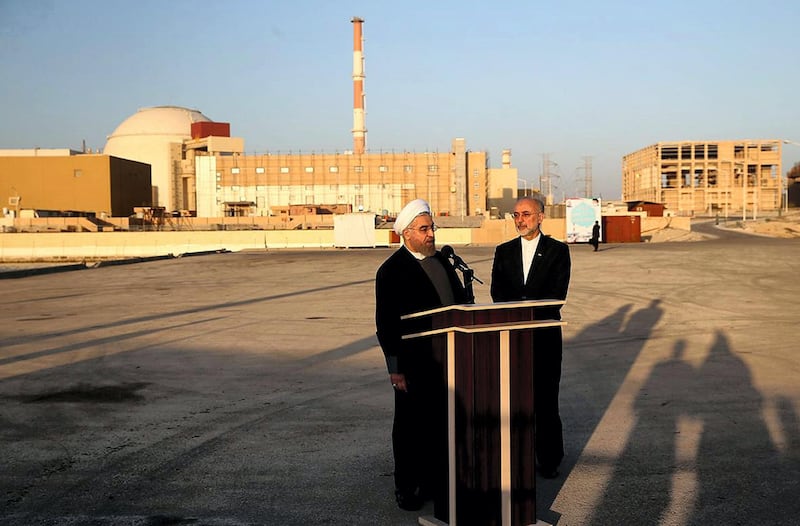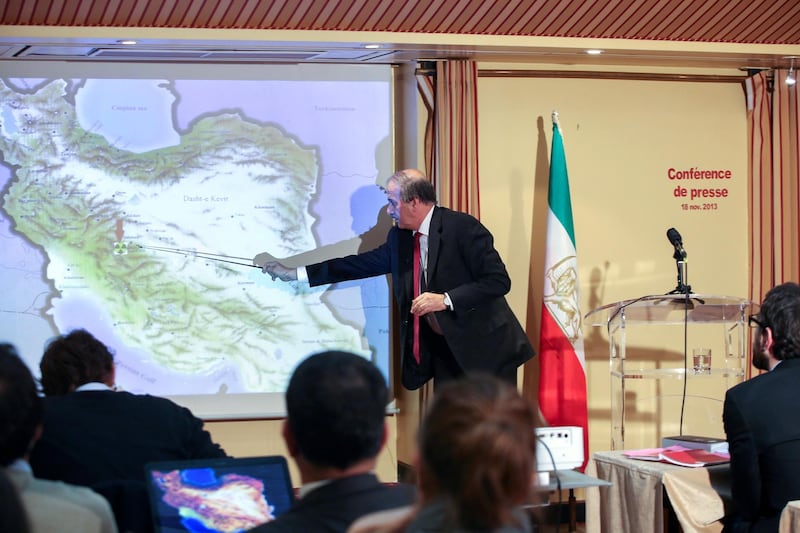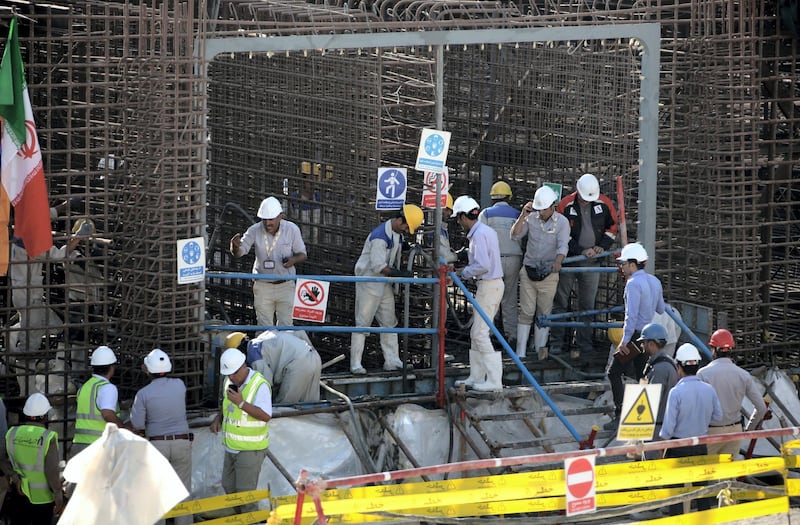Talks to revive the 2015 Iran nuclear deal “might not make it over the finishing line”, the EU's ambassador told the UN Security Council on Thursday, after two days of indirect talks between Tehran and Washington in Qatar this week ended without any progress.
The Security Council met to discuss Iran a day after the latest attempt to resurrect the pact, under which Tehran limited its nuclear programme in return for relief from US, UN and EU sanctions.
"I am concerned that we might not make it over the finishing line. My message is: seize this opportunity to conclude the deal, based on the text that is on the table,” said Olof Skoog, the EU's Ambassador to the UN.
The EU has been co-ordinating talks on resurrecting the 2015 pact, which began crumbling after Donald Trump, US president at the time, pulled out of the deal in 2018 and restored US sanctions on Iran.
Tehran responded with incremental breaches of the terms of the deal.
A senior US official told Reuters that the prospects of reviving the pact "are worse than they were before Doha, and they will be getting worse by the day”.
"You could describe Doha at best as treading water, at worst as moving backwards. But at this point treading water is, for all practical purposes, moving backwards,” he said.
The Security Council met to discuss the latest report by UN Secretary General Antonio Guterres on the enactment of a 2015 council resolution that enshrines the nuclear deal, formally called the Joint Comprehensive Plan of Action (JCPOA).
American, British and French diplomats all placed the onus on Iran for the failure to revive the agreement after more than a year of negotiations.
Iran "should urgently take this deal — there will not be a better one”, Britain's UN Ambassador Barbara Woodward said.
"Iran has yet to demonstrate any real urgency to conclude a deal, end the current nuclear crisis and achieve important sanctions lifting,” Richard Mills, deputy US ambassador to the UN, told the meeting.
French UN Ambassador Nicolas de Riviere said that "not only has Iran not taken up the offer on the table, but it also added yet more issues which fall outside the JCPOA with maximalist and unrealistic demands”, French UN Ambassador Nicolas de Riviere said.
Iran, however, described the latest talks as "serious and positive” and said it was ready to strike an agreement.
"Iran has demanded verifiable and objective guarantees from the US that JCPOA will not be torpedoed again, that the US will not violate its obligations again, and that sanctions will not be reimposed under other pretexts or designations,” Iran's UN Ambassador Majid Takht Ravanchi told the Security Council.
The senior US official disputed Tehran's argument that Washington was to blame for the lack of progress, saying the US had responded positively to proposed EU changes to the draft text of an agreement reached in wider talks in March while Iran had failed to respond to those proposals.
"At this point, we are not sure if they know what more they want. They didn’t come to Doha with many specifics,” he said.
However, Chinese and Russian diplomats faulted the US, with Beijing's representative urging Washington to ease unilateral US sanctions on Iran, and Russia's calling on all sides to show flexibility.
Iranian Foreign Minister Hossein Amirabdollahian has said Tehran is "determined to continue negotiating until a realistic agreement is reached”.
"I insist on the fact that we are making serious efforts to reach a good, solid and lasting agreement,” he said after the talks in Doha.
With reporting from agencies.


